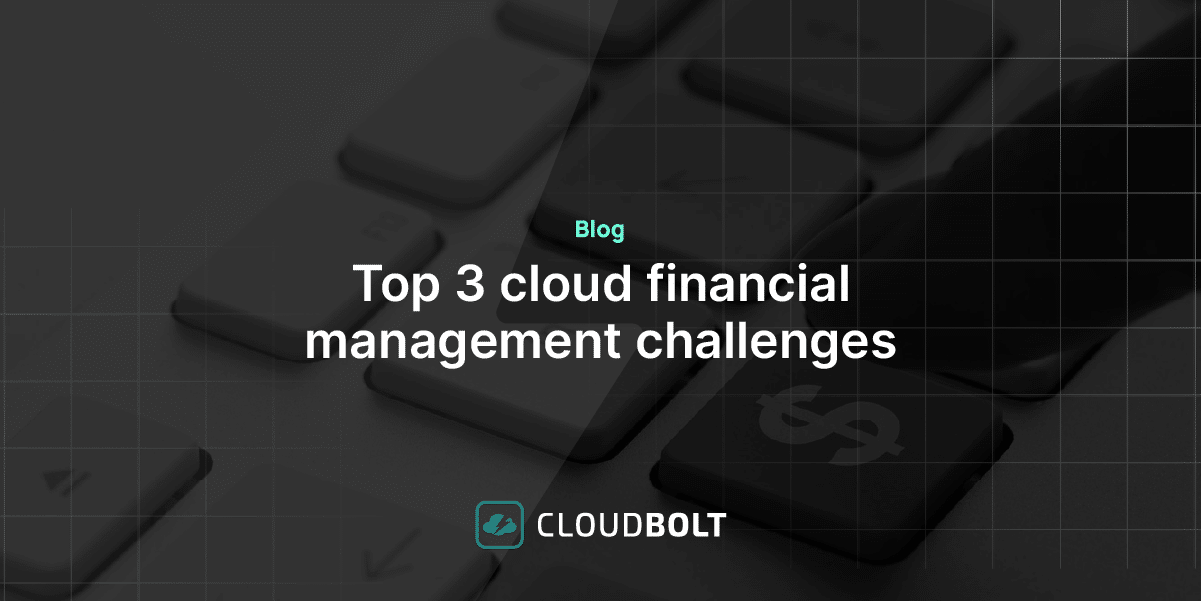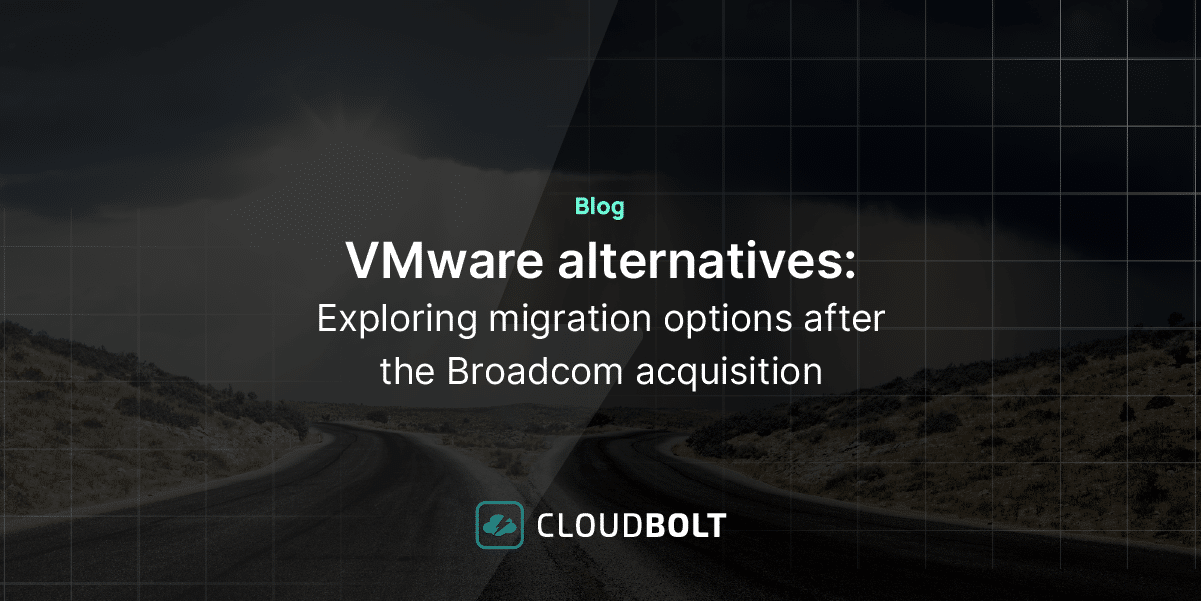
Cloud automation for DevOps has become an increasingly popular approach toward delivering software for the modern-day enterprise. But what is it, and how can you use it successfully in your business?
The cloud is at the heart of DevOps. Most of its core principles – continuous integration, continuous delivery, automated testing, agile development, and rapid iteration, are extraordinarily difficult without the cloud. In fact, the same technology primarily enables automation of both the cloud and DevOps.
DevOps practices deliver successful projects reliably, accurately, and quickly. But to achieve the necessary high level of consistency, automation is critical.
Automation and DevOps enable on-demand self-service and rapid elasticity. Organizations can reap the benefits of higher resiliency, better scalability, superior performance, and faster innovation. Today, we’ll cover some of the keys to successful cloud automation for DevOps.
Avoid Automating Bad Processes
When you automate bad processes, bad things happen much faster. Obviously, this isn’t something anyone would want in his or her organization. But bad automation that only accelerates existing bad practices is quite common. To avoid this, identify, catalog, document, review, and refine the current manual processes that exist. If you do this, you’re making sure the right activities are automated.
In short, you should solve for simplicity, speed, and throughput before applying automation. You should also eliminate any friction from silo boundaries, whether they are disciplinary, technological, or departmental.
Cross-Skill Existing Resources
Here’s the thing – it’s hard to find and retain great DevOps skills. They’re among the most sought-after skills in IT. When hiring, you want to look for team players who have a history of automation listed on their resumes. You want to avoid the quintessential “position player” and go for a good athlete’s IT equivalent.
Don’t Forget About Security
Cloud security models are constantly changing. Typically, your organization will use identity-based security technologies and models. But you should consider security for DevOps tools as well. It should be part of the automated testing. In fact, you should build it into the continuous integration and deployment process during your move to the cloud. If possible, you should hire a chief security officer charged with monitoring security within cloud DevOps.
Measure, Document, and then Backup
Done right, cloud automation for DevOps can quickly become mission-critical and pervasive. However, if you don’t have the proper documentation, you’ll create tribal knowledge, difficult systems, the hero, and other antipatterns in your cloud.
Failure to measure leaves you exposed because you can’t know when or if your system stops working as it should. And without making backups, you run the risk of irrecoverable failure should something go wrong. DevOps teams must value and implement documentation, measurement, and backups – no matter how much they cost.
Don’t Underfund DevOps
DevOps will save your organization money. But for it to provide the cost savings in the long run, you must invest heavily upfront. Most organizations start reaping the rewards of the investment after about two years. Your DevOps and cloud project must function independently for some time. This allows for cloud automation for DevOps projects to prove their worth before full implementation. It also gives your staff time to understand them. After all, you want your projects to be resilient to exceptions, failures, errors, and other unexpected events while delivering the correct result.
Experience the leading hybrid cloud management and orchestration solution. Request a CloudBolt demo today.
Related Blogs

What is cloud fabric orchestration
Understanding the Cloud Fabric Before diving into the intricacies of cloud fabric orchestration, let’s first understand what we mean by…

